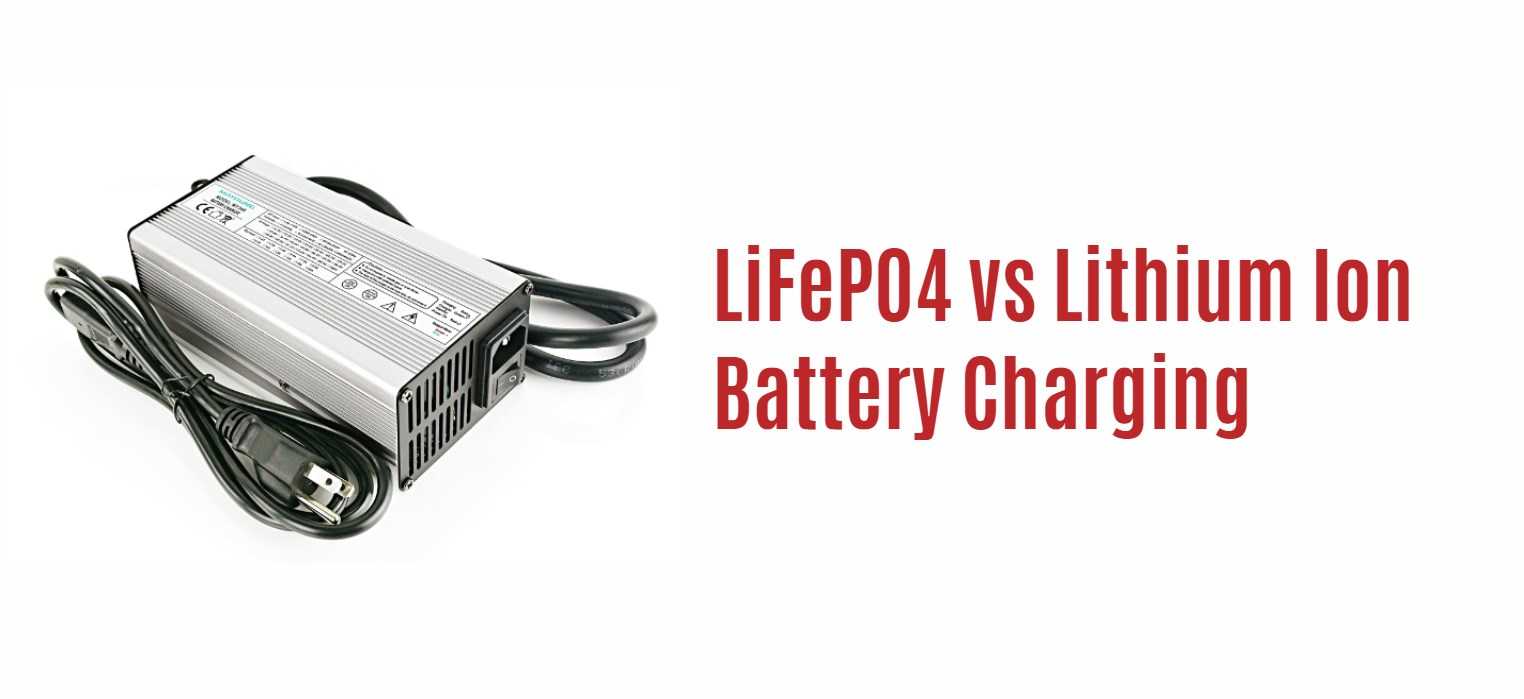In the world of battery technology, selecting between LiFePO4 and Lithium Ion (Li-ion) batteries can have a profound effect on the performance, safety, and suitability for various applications. This comprehensive guide examines the subtle distinctions between these two leading battery types, equipping you with the knowledge to make informed choices that cater to your unique requirements.
Understanding Energy Density: Li-ion vs LiFePO4
Energy density, measured in Wh/kg, indicates the quantity of energy a battery can store relative to its weight. Li-ion batteries typically have higher energy densities, ranging from 150 to 200 Wh/kg, which makes them well-suited for applications that value compactness and weight efficiency. Conversely, LiFePO4 batteries provide a somewhat lower energy density, usually between 90 to 120 Wh/kg. This trade-off is compensated by LiFePO4’s superior safety and longevity due to their stable chemical structure and resistance to thermal runaway.
Charging Mechanisms: Similarities and Distinctions
Both Li-ion and LiFePO4 batteries undergo a two-stage charging process that includes a constant current phase followed by a constant voltage phase. This approach ensures efficient and safe charging, which is vital for maintaining battery life and performance over many cycles. However, there are slight differences in charging specifics, with LiFePO4 batteries showing greater flexibility to different charging conditions, including variations in voltage and current sources.
Safety Considerations: LiFePO4’s Advantages
Safety is a critical aspect of battery technology, particularly in applications vulnerable to environmental stressors or mechanical damage. LiFePO4 batteries demonstrate exceptional stability under stress, resisting overheating and reducing the risk of thermal runaway. Their inherent structural strength and chemical stability position them as an ideal choice for environments where safety is paramount.
Environmental Impact and Sustainability
LiFePO4 batteries are distinguished not only by their safety features but also by their environmental sustainability. They are non-toxic, non-hazardous, and free from rare earth metals, which minimizes their environmental footprint throughout their life cycle. This attribute makes them a popular option for industries that prioritize sustainability and regulatory compliance.
Application-Specific Advantages
The choice between Li-ion and LiFePO4 batteries depends on evaluating the trade-offs between energy density, safety, and environmental impact in relation to your specific application needs. Li-ion batteries are excellent for scenarios requiring high energy density in a confined space, such as consumer electronics and electric vehicles. In contrast, LiFePO4 batteries excel in applications that emphasize safety, longevity, and sustainability, including solar energy storage, medical devices, and industrial equipment.
Conclusion
The choice between LiFePO4 and Li-ion batteries depends on a thoughtful evaluation of your specific needs and priorities. While Li-ion offers higher energy density suitable for compact and high-performance applications, LiFePO4 stands out for its safety, durability, and commitment to environmental responsibility. By grasping these subtle differences, you can make a confident selection of the battery type that best matches your technological, operational, and environmental objectives.





